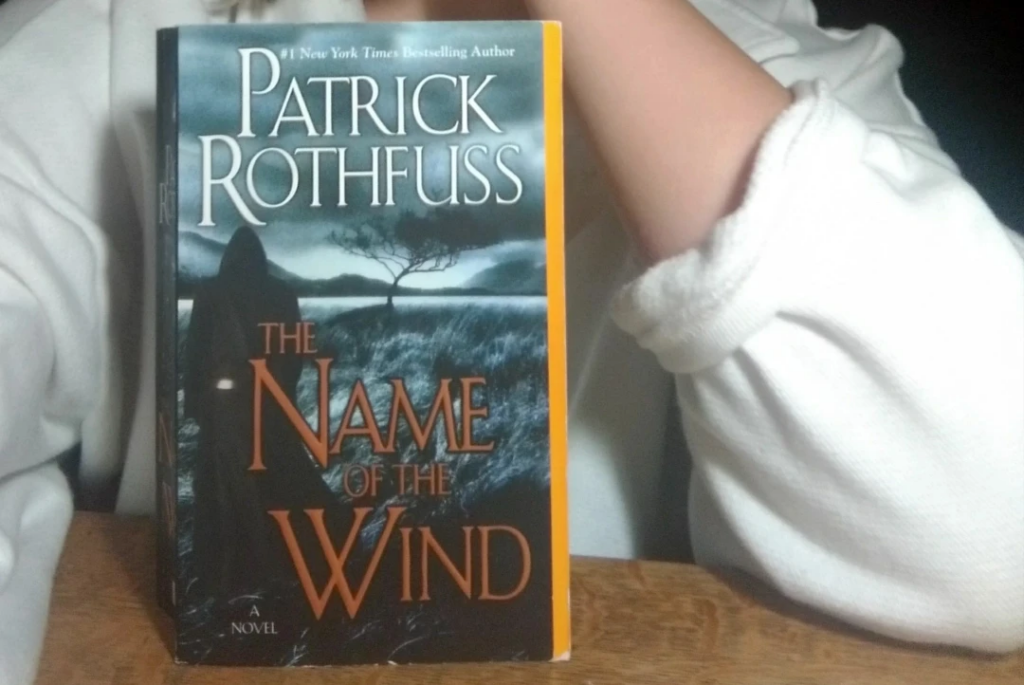
At the beginning of this pandemic, or what some cruelly call a summer, I am sure I was not alone in creating a far-too-ambitious reading list. I had dreams of coming back to class in the fall semester as an entirely remodelled English student; I was imagining something Dead Poets Society-esque, except with more Shakespeare.
These dreams were quickly dashed, as I found myself struggling to even pick up books I’d purchased for pleasure reading and instead chose to leave the books yearning in various corners of my room while I started yet another trashy reality show on Netflix. The only book that was able to cross the boundary from my bedroom floor into my hands was The Name of the Wind by Patrick Rothfuss. The only reason this book made the cut was because I had already started this novel, so it felt like less of a daunting task to re-enter Rothfuss’ fantasy world compared to starting a new one.
I am a person who usually shies away from fantasy novels, steering more towards creative nonfiction, which are all usually depressing and not the sort of thing I felt motivated to read during quarantine. Rothfuss’ books offered a wonderful escape from my reality; it has been a long time since I have found a book as captivating and immersive as this one. His world-building is impeccable. The reader is left guessing and pulling at threads that seem to have no ending, at least not in this one novel. NoTW is the first in the Kingkiller trilogy, but before you pick it up you should know that the third book has not been published. It has been nine years since the sequel was published, so fans of the series are slowly losing hope. If unfinished business in stories excites rather than frustrates you, you will find yourself at home with Rothfuss’ loyal readers. An online fanbase remains active to this day, continuously uploading new theories and discovering new details. Rothfuss does not write a single word that does not carry a deeper meaning, which is why I think this series appealed to me—the close-reading skills I have learned as an English student heightened my enjoyment of this novel and allowed me to dive deeper into the hidden meanings than I would have previously thought were possible or even existed.
This novel opened the floodgates, so to speak, and restored my love for reading. My reading habits also changed over the summer: now, I find myself going for walks or runs while listening to audiobooks of Madeline Miller’s novels The Song of Achilles and Circe or reading collections of stories by David Sedaris. I even purchased and began to read a literary critic’s book on Hamlet.
So, like the unexpected pairing of Hamlet and cartoon lions, this unexpected summer became irrevocably intertwined with unexpected summer reading.
Josiah Lamb
This post was published on the original UVic ESA website.
Leave a Reply